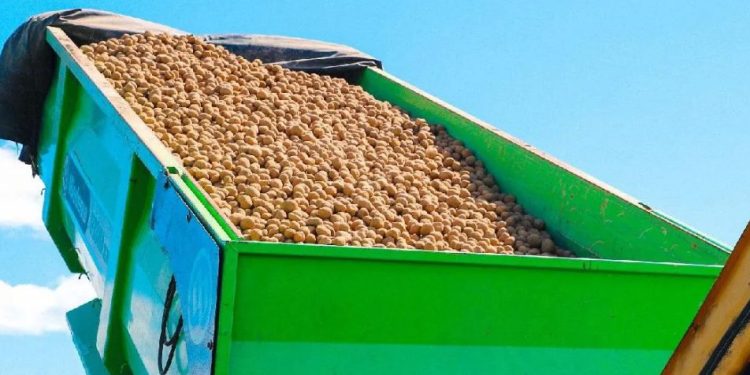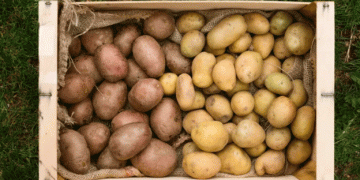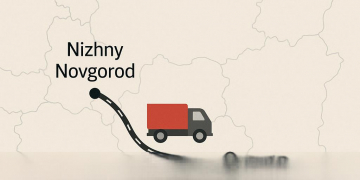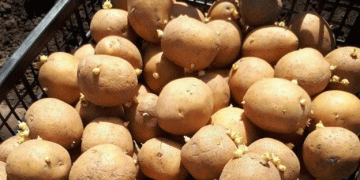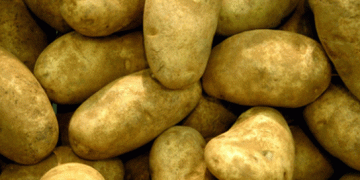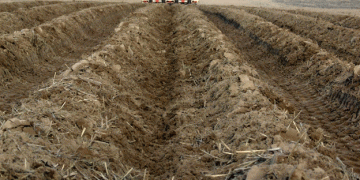Agriculture, Vegetable Market, Moscow Region, Agricultural Innovation, Storage Solutions, Local Produce, Sustainable Farming, Agricultural Economics, Food Security, Farming Technology
In a groundbreaking development, the Moscow region is set to complete the construction of vegetable storage facilities with a combined capacity of 44,400 tons by December. Spearheaded by the Ministry of Agriculture and Food of the Moscow Region, this initiative aims to bolster local vegetable production, thereby impacting seasonal prices and encouraging the consumption of locally sourced produce. This article delves into the details of this ambitious project, highlighting its implications for farmers, agronomists, agricultural engineers, and the entire agricultural community.
In a significant stride toward agricultural progress, the Moscow region is on the brink of a transformative change in its vegetable market. Spearheaded by the Ministry of Agriculture and Food of the Moscow Region, a series of vegetable storage facilities with a cumulative capacity of 44,400 tons are nearing completion, with an expected finish date by December. This initiative, overseen by Deputy Chairman of the Moscow Region Government Georgiy Filimonov, supervising the Ministry of Agriculture, promises to revolutionize the agricultural landscape in the region.
The construction project, undertaken by “Leka Free” LLC, commenced its journey in 2017. Currently, the site is abuzz with commissioning activities, including the setup of specialized chambers for potato storage and the equipping of spaces dedicated to food production personnel. The endeavor also includes the establishment of a processing unit and a freezing facility, reflecting a comprehensive approach to vegetable handling and distribution.
One of the primary motivations behind this initiative is to cater to the increasing vegetable production in the region. As per the Ministry of Agriculture and Food of the Moscow Region, these storage facilities are a response to the rising demand for locally grown vegetables. This surge in local produce availability not only ensures a consistent supply throughout the year but also significantly impacts seasonal prices. With more residents of the Moscow region opting for locally sourced vegetables, the need for imports diminishes, subsequently leading to a decrease in prices. This trend is not only beneficial for consumers but also serves as a boon for local farmers and producers.
Governor of the Moscow Region, Andrey Vorobyev, emphasized the pivotal role played by technology in supporting agricultural producers. The integration of modern storage solutions and advanced processing techniques not only ensures the longevity of vegetables but also maintains their freshness and nutritional value. This not only benefits the local economy but also promotes healthier eating habits among consumers.
The ongoing construction of state-of-the-art vegetable storage facilities in the Moscow region signifies a paradigm shift in the agricultural sector. By investing in advanced storage solutions, the region is not only ensuring food security but also promoting sustainable agricultural practices. Local farmers, agronomists, agricultural engineers, and scientists stand to benefit significantly from this initiative. As the demand for locally grown vegetables continues to rise, these developments pave the way for a thriving and self-sufficient agricultural community in the Moscow region.
